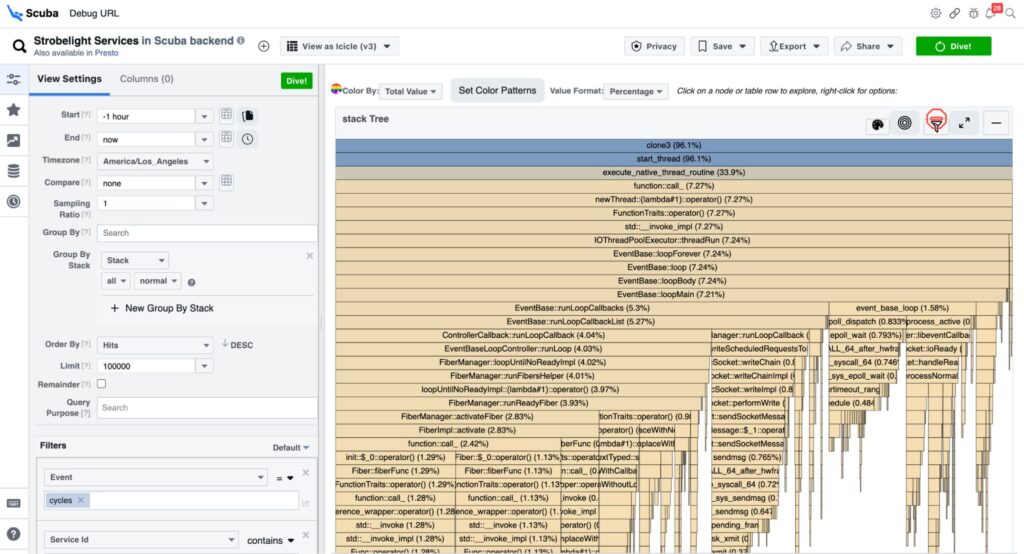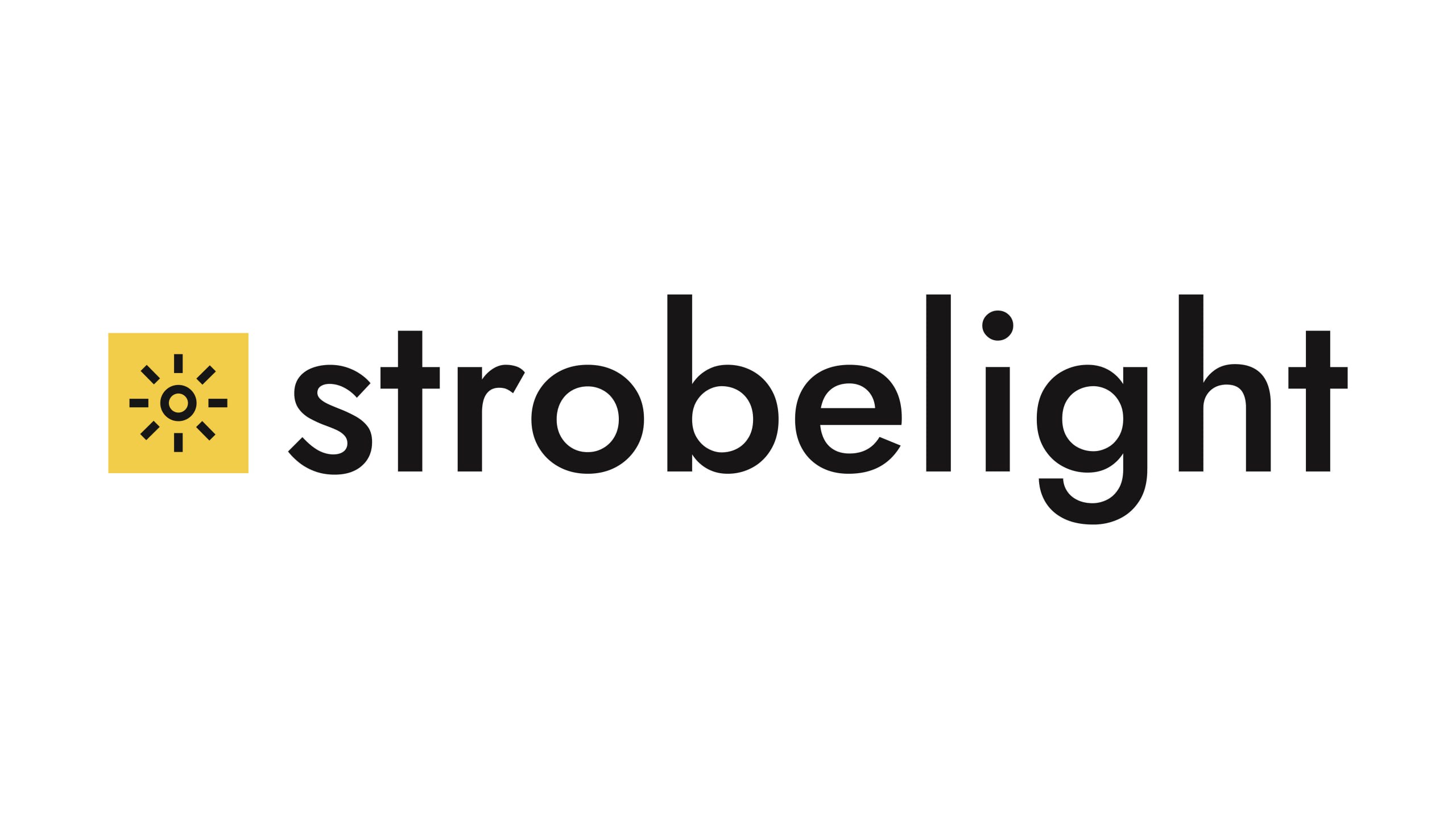Meta has unveiled Strobelight, an open-source profiling orchestration suite built on eBPF technology, designed to analyze and optimize code performance at scale. This tool has already demonstrated significant impact, reducing the company’s CPU cycles by 20% and translating into a 10-20% reduction in required servers for major services like Facebook, Instagram, and WhatsApp.
The power of Strobelight was recently highlighted when a Meta performance engineer discovered an inefficiency in the company’s advertising code—one of its most traffic-intensive services. The issue stemmed from the unintended duplication of data due to the auto keyword in C++. By modifying a single character—adding an ‘&’ to convert an unnecessary copy operation into a reference, the engineer eliminated excessive memory usage. The result? A staggering 15,000 servers’ worth of annual capacity savings.

eBPF: The Driving Force Behind Strobelight
Initially known as the Extended Berkeley Packet Filter, eBPF has evolved beyond its original purpose and now enables running sandboxed programs within the operating system kernel. This capability allows companies like Meta to collect high-resolution observability data without degrading performance, optimizing system resources with unprecedented efficiency.
Strobelight leverages eBPF to run 42 different profiling applications, monitoring memory usage, function calls, AI GPU workloads, and service request latencies. These insights empower engineers to detect bottlenecks and inefficiencies in real time, resulting in lower operational costs and improved performance.
Meta’s case study underscores how small changes in code can have monumental impacts on infrastructure efficiency. With Strobelight now open-source, other organizations can harness the power of eBPF-driven profiling to refine their own large-scale computing environments.
Source: theRegister.com









